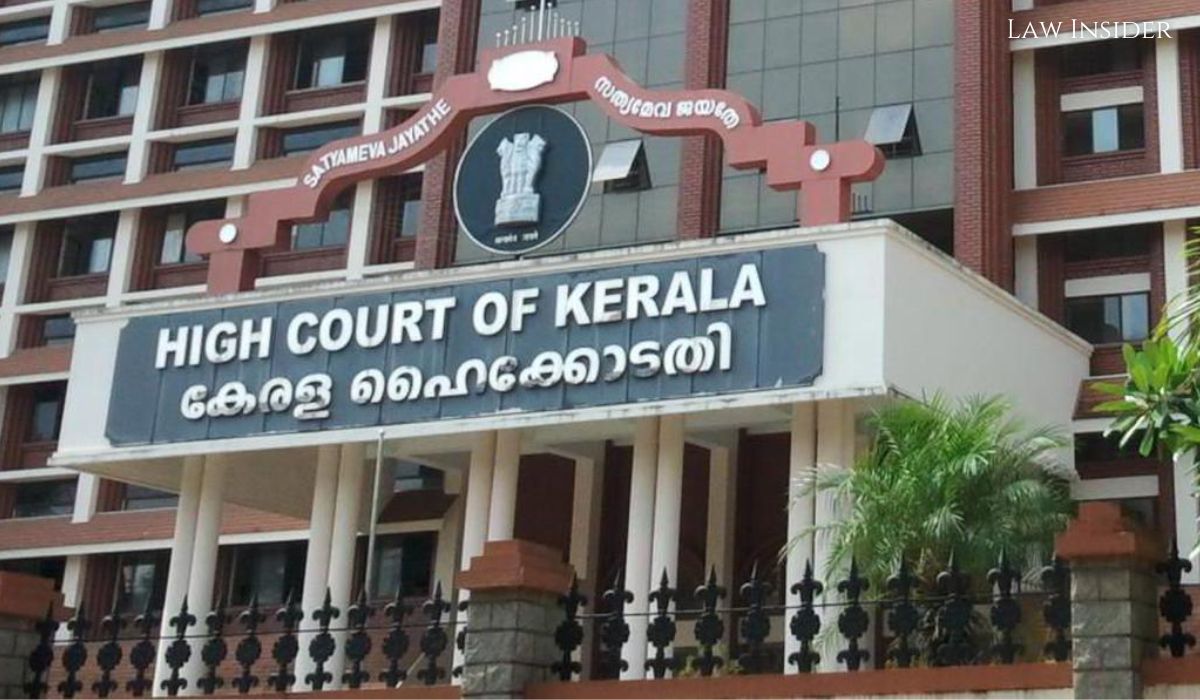LI Network
Published on: December 24, 2023 at 14:33 IST
The Kerala High Court has dismissed a petition filed by 28 aspirants seeking enlistment in the Indian Army, challenging the Central Government’s Agnipath scheme.
Justice N Nagaresh, presiding over the case, ruled against the writ petition, asserting that the petitioners failed to present any substantial reason justifying the court’s intervention in the Agnipath Scheme.
The Court emphasized that matters related to the recruitment process for the Indian Army are inherently policy decisions falling under the government’s purview, particularly in issues concerning national security. It firmly stated that as long as there is no violation of fundamental rights, courts should refrain from interfering in government policy decisions.
“The issue raised by the petitioners is one concerning the method of recruitment to the Indian Armed Forces. It is a sensitive issue. In matters concerning national security, policy decision should be left to the Government. So long as the decision of the Government does not infringe fundamental rights of citizens, the Courts have no reason to interfere. In assessing the propriety of a decision of the Government, the Court cannot interfere even if a second view is possible,” remarked the Court.
The background of the case involves the petitioners’ application for recruitment in the Indian Army based on the 2020 notification. However, in 2022, the Central Government canceled the recruitment process and introduced the Agnipath scheme, outlining a four-year military service recruitment plan for the youth. The writ petition contested the Recruitment Rally Notification for appointment as Agniveer General Duty, Agniveer Technical, Agniveer Clerk / Store Keeper Technical, and Agniveer Personnel.
Deputy Solicitor General of India Manu S and Standing Counsel A S P Kurup defended the Agnipath scheme, highlighting its purpose in managing border situations and preventing infiltration. They justified the need for agile and physically fit youth to protect the borders, drawing parallels with short-term military engagement models in the United States, United Kingdom, Canada, and France.
The Court, after careful consideration, acknowledged that the Agnipath Scheme aimed to allow youth to join military services for four years, with 25% of Agniveers recruited to the Indian army after their service. It noted that all Agniveers would receive a skill certificate, enhancing their employability in government and private sectors.
Citing precedents like State of Orissa v. Gopinath Dash (2005), Centre for Public Interest Litigation v. Union of India (2016), and State of Maharashtra v. Bhagwan (2022), the Court reinforced the principle that courts should avoid meddling in policy matters with potential cascading effects.
The Court underlined that participating in the recruitment process does not automatically confer any rights on candidates, and no legitimate expectations were violated. It also mentioned that the government, considering various factors including border challenges, reduced the age limit for Agniveer recruitment from 21 years to 17 ½ years.
Consequently, the Kerala High Court dismissed the writ petition in the case titled “Rahul Subhash v Union of India,” affirming the government’s prerogative in formulating the Agnipath scheme.

